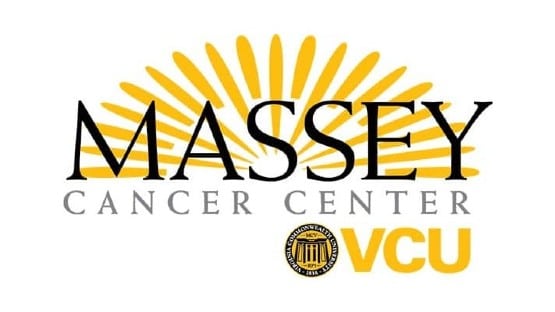
Researchers at VCU Massey Cancer Center have published new findings that establish rationale for the use of a class of drugs known as MDA-9 inhibitors as a potential treatment option for aggressive liver cancer.
The findings — recently published in Hepatology — pave the way for future studies investigating a novel cancer drug developed by scientists at VCU.
Melanoma differentiation associated gene-9 (MDA-9) is a tumor-driving protein that is overexpressed in a number of invasive cancers and promotes rapid cell growth and advanced disease. Previous research at Massey indicates that MDA-9 stimulates the generation of new blood vessels and provides a supportive environment for tumor cells to survive, grow and spread. However, the role of MDA-9 in hepatocellular carcinoma (HCC) — the most common form of liver cancer — has remained relatively unknown.
Led by Devanand Sarkar, M.B.B.S., Ph.D., associate director for research training and education and member of the Cancer Biology research program at Massey, a team of scientists set out to understand more about this protein’s function in liver cancer.
“Our study confirms that MDA-9 plays an important role in the rapid progression of liver cancer, and it establishes the rationale that MDA-9 inhibition – either alone or in combination with other therapeutics – might be an effective treatment approach for HCC,” said Sarkar, who is also the associate scientific director of cancer therapeutics at the VCU Institute of Molecular Medicine and professor in the Department of Human and Molecular Genetics at the VCU School of Medicine.
Liver cancer incidence has more than tripled since 1980, with more than 41,000 new cases estimated in 2022, according to the American Cancer Society.
HCC is characterized by the chronic inflammation of liver cells often instigated by a variety of risk factors, including viral hepatitis, alcoholism and non-alcoholic fatty liver disease. Sarkar and his team determined that MDA-9 does not directly contribute to cancer growth, but instead activates a specialized type of cells called macrophages that initiate a sequence of cellular reactions that lead to inflammation.
“Collectively, this study combined with previous research findings establishes MDA-9 as a key activator of tumor-driving inflammation,” Sarkar said in a news release.
Additionally, the researchers identified a signaling pathway – ILK – that plays a significant role in facilitating the development of liver cancer associated with MDA-9.
Further research is planned testing the use of an MDA-9 inhibitor called PDZ1i in HCC cells. PDZ1i is a novel drug developed at VIMM by Paul Fisher, M.P.H., Ph.D., the Thelma Newmeyer Corman Endowed Chair in Cancer Research at Massey and VIMM director.
Researchers at Massey and VIMM have previously studied the efficacy of PDZ1i in treating prostate cancer that has spread to the bone.
Sarkar collaborated on this study with Fisher, in addition to Massey researchers Jennifer Koblinski, Ph.D., Jinze Liu, Ph.D., Jolene Windle, Ph.D., Mikhail Dozmorov, Ph.D., Nitai Mukhopadhyay, Ph.D., and Rebecca Martin, Ph.D.; Xufeng Qu of the Bioinformatics Shared Resource at Massey; Debashri Manna, Ph.D., Mark Subler, Ph.D., Rachel Mendoza and Swadesh Das, Ph.D., of the VCU Department of Human and Molecular Genetics; Maria Del Carmen Camarena and Saranya Chidambaranathan Reghupaty of the VCU C. Kenneth and Dianne Wright Center for Clinical and Translational Research; and Zhao Lai, Ph.D., of UT Health San Antonio.
This research was supported, in part, by the National Cancer Institute, the National Institute of Diabetes and Digestive and Kidney Diseases, the National Institutes of Health, the Cancer Prevention and Research Institute of Texas Core Facility Award and by Massey’s Cancer Center Support Grant.










